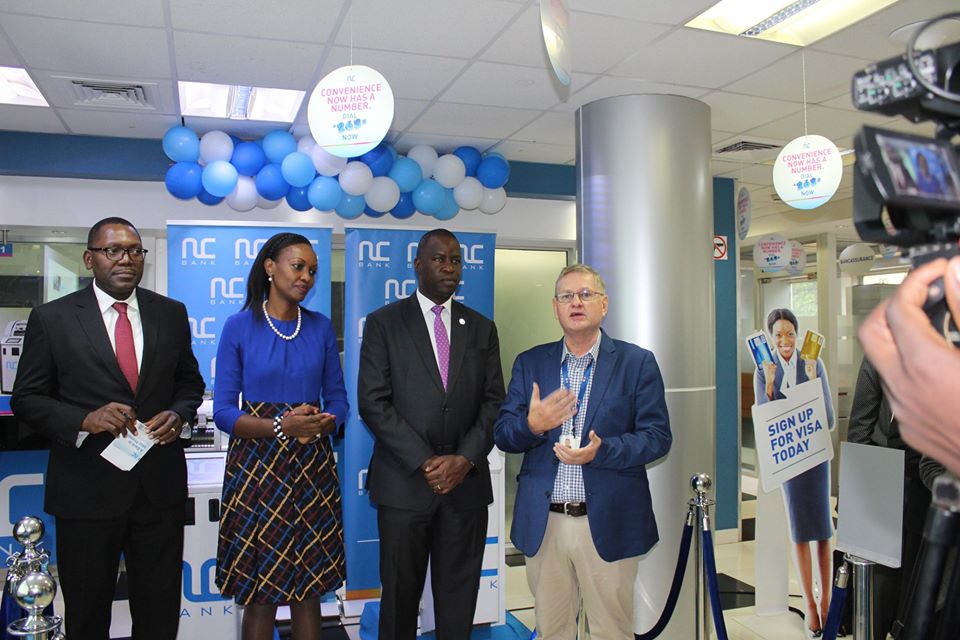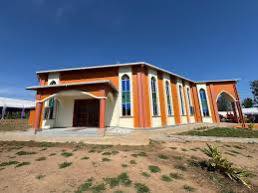By Denis Jjuuko
As the United States of America was engulfed in flames following the killing of an African American, George Floyd, in police custody, an interesting story surfaced online. In the story, African Americans were urging each other to support fellow African American or black businesses. The story says black banks, for example, had experienced substantial increases in the number of blacks opening accounts.
At the same time as this story was spreading, Bank of Uganda gave no objection to the merger of NC Bank and CBA Bank. Both banks are Kenyan owned and have been in Uganda for a couple of years but as small players. Their merger, we were told, has created a bank with assets worth more than Shs500 billion. The merger followed an earlier one in Kenya where both banks are headquartered. The merger in Nairobi created a behemoth worth US$4.4 billion or a whooping Shs16.2 trillion in Uganda currency according to Reuters news agency. This moved the two merged companies from mid-tier banks to the third-largest bank with more than 38 million customers.
Before that, in 1991, in South Africa, some small banks merged to create the Amalgamated Banks of South Africa commonly known as Absa, which recently entered the Ugandan market by acquiring the assets of Barclays in Africa. The merger of small banks created a unicorn that is now a big financial power on the continent with a recognizable brand plate.
These stories made me think about our SACCOs and investment clubs. There are thousands of them in Uganda with many assets releasing billions every week to millions of members but in such small amounts that they go almost unnoticed. What can they learn from the business lessons emerging from the death of George Floyd many miles away? What stories do they get from the merger of NC Bank and CBA Bank?
These SACCOs and investment clubs have money in billions but they haven’t earned their place on the table. They are not controlling the economy. Many invest members’ savings in commercial banks earning a small fee on their fixed deposits. If they merged, they would become a force to reckon within the financial sector. They can start directing the economy.
They can become banks though they don’t necessarily need to do so to create impact. There are many business models. Many SACCOs and investment clubs give members loans to buy imported boda bodas. How about funding a factory to assemble the boda-bodas? They would fully control the boda industry. A boda-boda costs less than US$300 in India but sold here at about US$1500. The SACCOs working together can change that narrative with their boda boda production plant. They already have the money; they just need the vision for big business.
In many villages, there is what is called VSLAs or Village Saving and Loans Associations, which collect money every week. They enable each member to borrow and do their little business usually in the agricultural sector. How about if they simply agreed at a parish or even a sub-county level to change a little bit and decided to invest in one or two crops say the growing of onions. Such a village will be known for onions. It will attract onion buyers there and significantly reduce the cost of transport for onions. They would also collectively bargain for better prices as they would be a big force in the onions market. Government agencies such as NAADS will pay attention to this sub-county and probably set up a processing plant for them to add value to their produce. But if each member in the same village, parish or sub-county continues to grow their own crop on their own little pieces of land, they will remain poor substance farmers for life and the cycle of poverty will continue for generations.
Many big companies also have SACCOs from which staff borrow to pay school fees, build rentals that bring almost zero returns and cry when jobs are shifted elsewhere. Yet some of the SACCOs can easily turn themselves into businesses that supply that very company where the members work. They can supply the company with raw materials if they are a factory or even consumables for offices. They can supply others as well.
Of course, these ideas can only work if the SACCOs institute proper governance structures and have qualified managers in place. I believe that the money in SACCOs and investment clubs lying idle in fixed deposits and dormant land investments can easily create a revolution in this industry. We simply need to think like NCBA Bank or Absa before it. They can pull money to do big business like we are seeing African Americans learning from George Floyd.
The writer is a communication and visibility consultant. djjuuko@gmail.com









